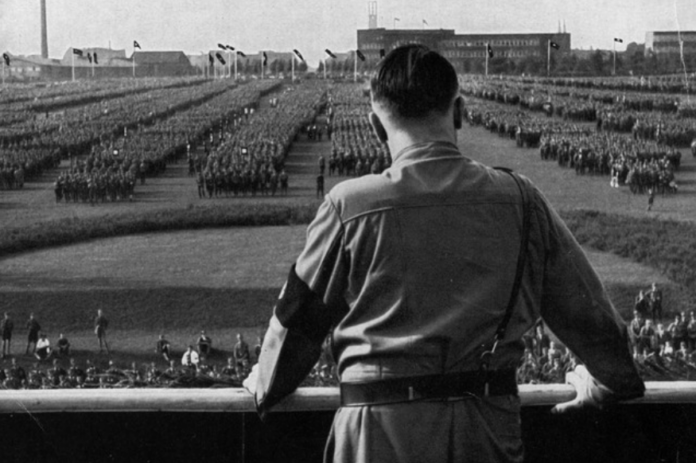On December 19, 1941, Adolf Hitler, the dictator whose regime orchestrated the Holocaust and countless atrocities, assumed direct control of the German army during World War II. This decision, driven by his egotism and ruthless desire for absolute power, marked a grim turning point in Nazi leadership and had devastating consequences for the war and humanity.
A Decision Rooted in Arrogance and Tyranny
By late 1941, Hitler’s early military successes were unraveling. Operation Barbarossa, the Nazi invasion of the Soviet Union, had stalled, and German forces faced mounting resistance and the brutal Russian winter. Frustrated with the army’s setbacks and seeking to tighten his grip on military strategy, Hitler dismissed General Walther von Brauchitsch, Commander-in-Chief of the German Army, and declared himself Supreme Commander.
This move was emblematic of Hitler’s insatiable need for control, a hallmark of his despotic rule. It also reflected his deep mistrust of professional military leaders and his belief in his own strategic infallibility, despite a lack of formal military training.
The Consequences of Hitler’s Leadership
As Supreme Commander, Hitler’s decisions were often driven by ideology rather than pragmatism. His refusal to retreat, obsession with seizing symbolic victories, and disregard for human life led to catastrophic outcomes:
- Stalingrad (1942–1943): Hitler’s order to hold the city at all costs resulted in the encirclement and annihilation of the German 6th Army, marking a turning point in the war.
- Battle of Kursk (1943): Under Hitler’s orders, German forces launched a doomed offensive against entrenched Soviet defenses, suffering massive losses.
Hitler’s centralized command and micromanagement stifled dissent among military leaders, many of whom recognized the futility of his strategies. His hubris and unwillingness to adapt directly contributed to Germany’s eventual defeat.
The Broader Evil of Nazi Leadership
Hitler’s assumption of control over the German army was part of a broader pattern of totalitarian dominance that defined the Nazi regime. Under his leadership, the Holocaust—the systematic murder of six million Jews and millions of other marginalized groups—was orchestrated alongside aggressive military campaigns that left tens of millions dead worldwide.
His actions as both dictator and military commander are a chilling testament to the destruction wrought by authoritarianism, hatred, and unchecked power.
A Lesson from History
The events of December 19, 1941, remind us of the profound dangers of centralized authority in the hands of a tyrant. Hitler’s egotistical decision to take command of the German army ultimately hastened his regime’s downfall, but at an unimaginable cost to human life. His legacy is a stark warning of the consequences of allowing evil and fanaticism to shape global events.
Conclusion
On this day in 1941, Adolf Hitler’s reckless decision to take control of the German army underscored his thirst for power and disregard for human life. While this moment was a turning point in World War II, it is also a reminder of the enduring responsibility to confront and resist tyranny in all its forms.




